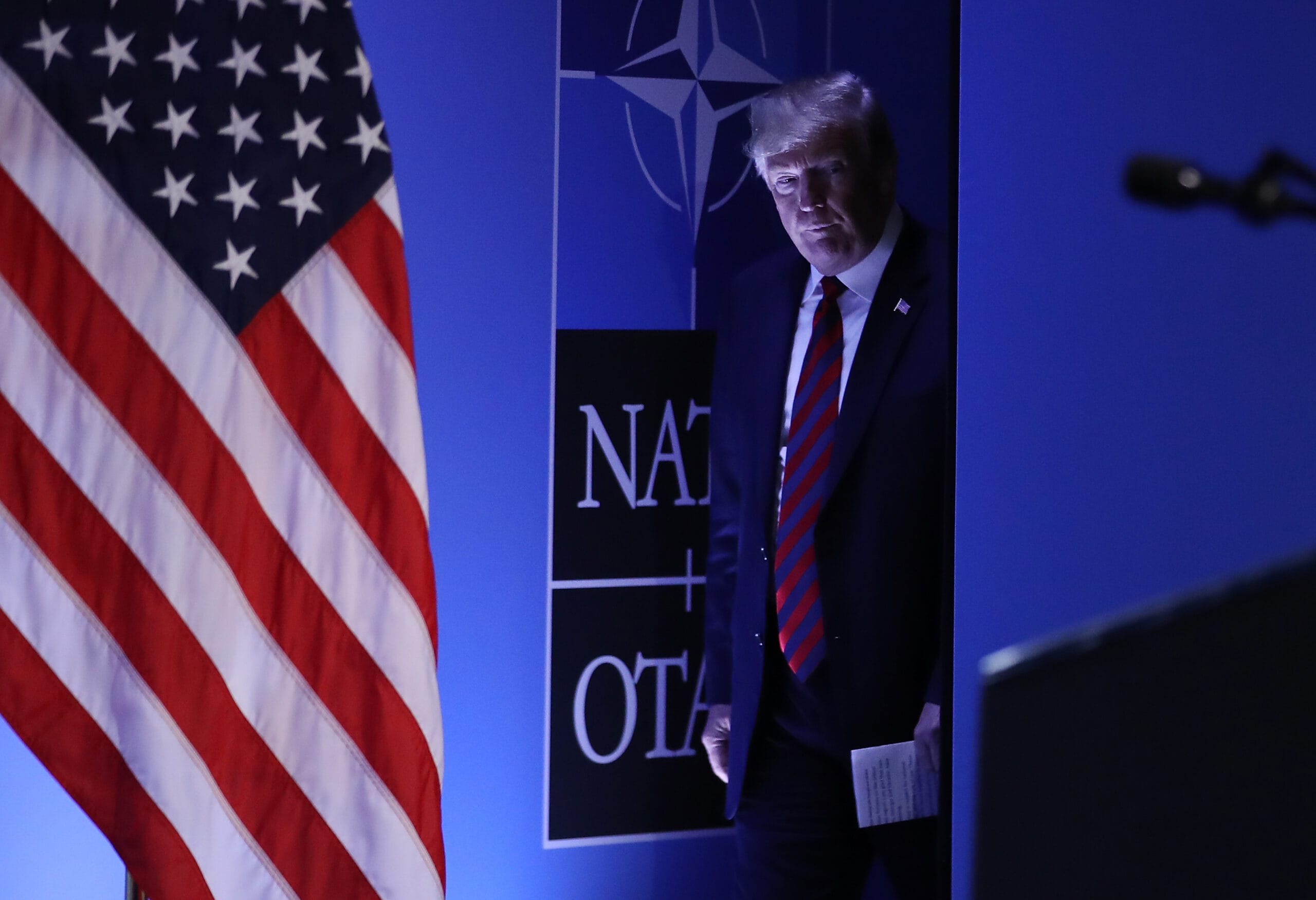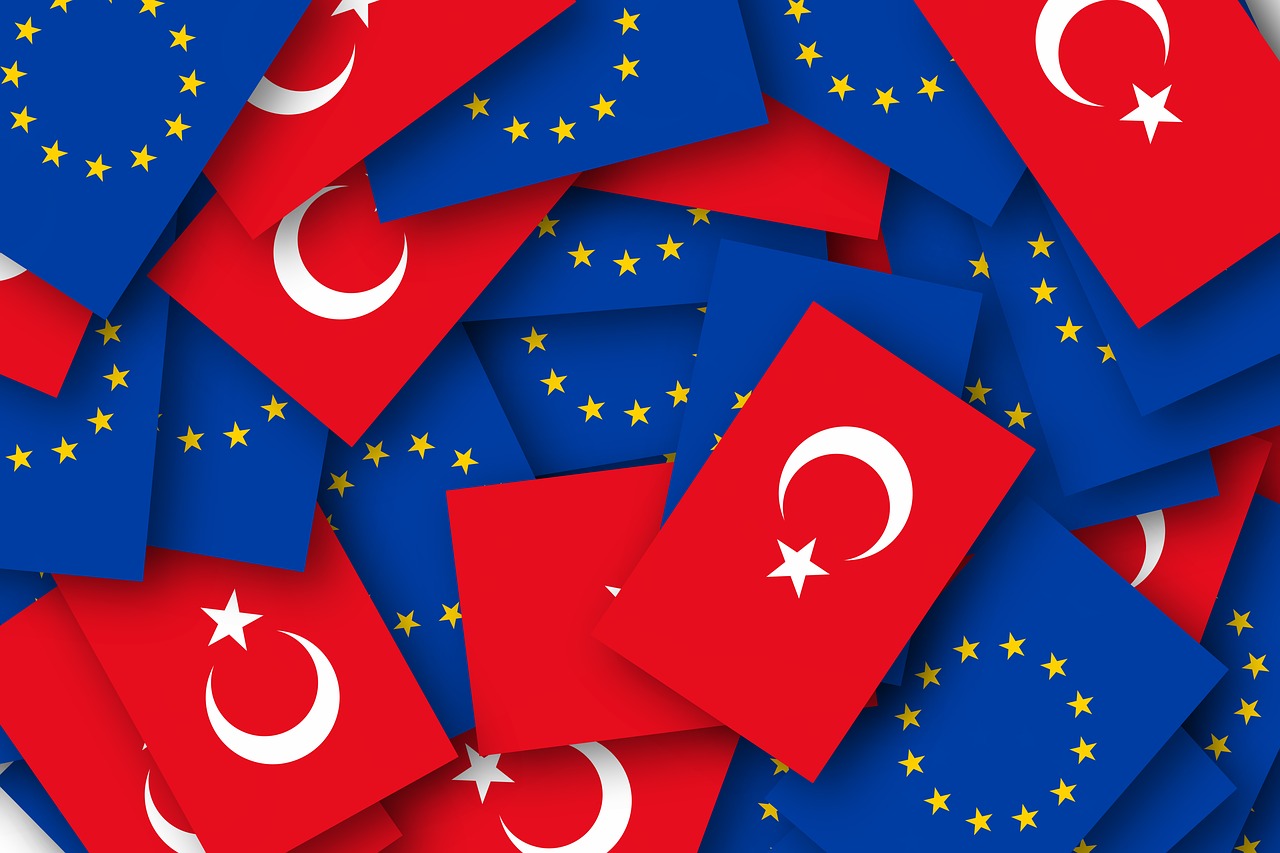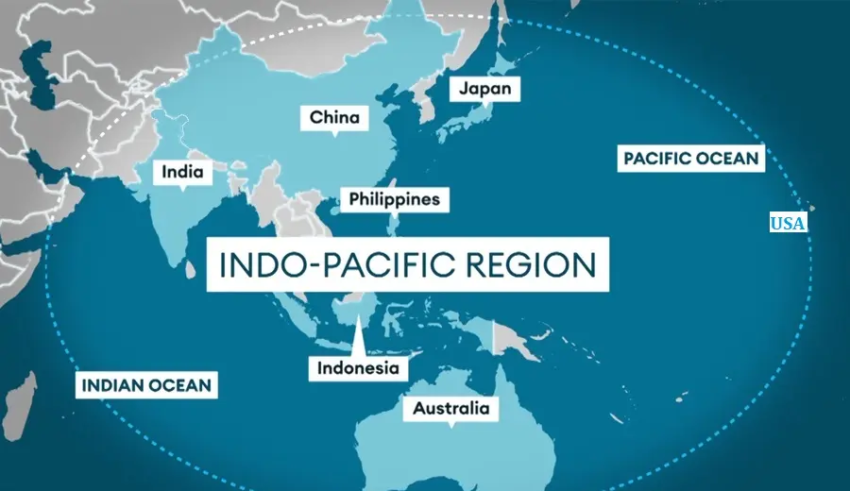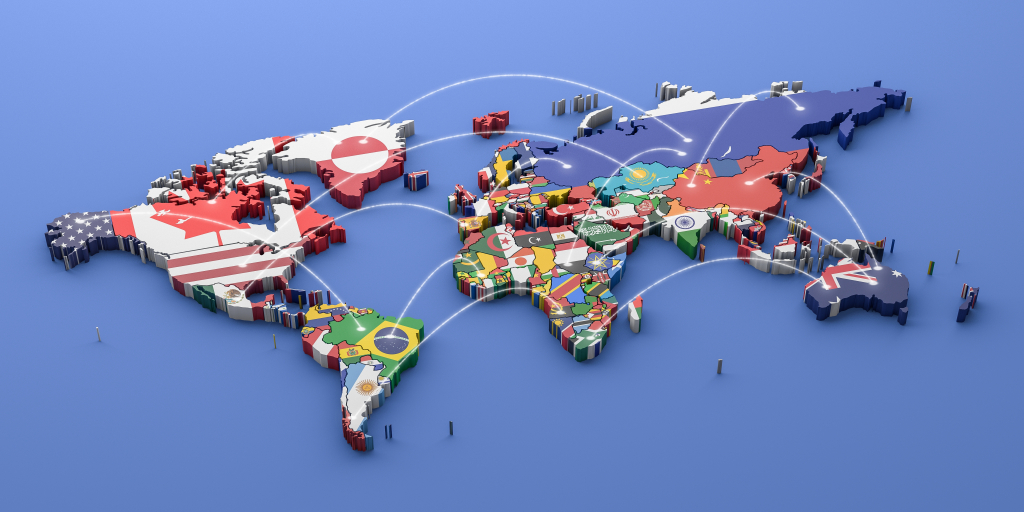The evolution of the “post-Western” world has been marked by a series of profound crises. The Russian War on Ukraine and the Israel-Hamas conflict arguably constitute the most dramatic crises of our times. Both can be described as major regional crises, but they have significant global ramifications. What is common to both cases is human tragedies involving vast losses of human lives and the dislocation of people from their homes. Thousands of Ukrainian and Russian soldiers, as well as Ukrainian civilians, have died since February 2022. Similarly, thousands of Palestinians have been killed in reaction to the original terrorist act by Hamas, which involved the murder of Israeli citizens in October 2023.
Both “crises” have been costly in terms of their tragic human consequences. Yet, the response to the crises has differed markedly in different parts of the world. The Western world, at least until recently, was united in its response in condemning the Russian invasion of Ukraine and providing unprecedented support for Ukraine in its defense against the Russian forces. The unified Western response was justified by the fact that this was an act of unprovoked aggression on a sovereign state, undermining the foundations of a rule-based international order. Hence, it necessitated strong resistance and military support for Ukraine. The “non-Western” world, in contrast, was muted in its response to the Russian invasion. There was a strong plea for peace and a rapid end to the military conflict. Yet, Russia under Putin was not identified as the sole cause of the armed conflict. Overall, the non-Western world maintained a position of active neutrality during the conflict whilst resuming and often expanding their economic relations with Russia, with the natural consequence that Western sanctions were ultimately ineffective in isolating Russia and Putin’s grip in Russia’s domestic sphere. Through economic diversification, the Russian economy continued to be resilient and ultimately set an example that in a post-Western world, the territorial integrity of smaller states was no longer guaranteed. In such an environment, the conquest of the weak by the powerful could be perfectly justified.
For an outside observer, the Western narrative embodied strong moral credibility, whilst the non-Western position was mainly driven by pragmatic, interest-based considerations coupled with historically rooted anti-Western sentiments. Ironically, the unity of the West in the context of the war in Ukraine was undermined with the onset of Donald Trump’s second term, as the official US position diverged from the positions of key European states and increasingly converged to the non-Western narrative. Trump’s desire to build a coalition with Russia, as a means of counteracting the growth of China, in the long term, effectively meant that Russia was relieved of responsibility for invading Ukraine in the first place. At a deeper level, Trump’s position, which sharply differed from his predecessor, Joe Biden, appeared to endorse conquest by the strong as a natural feature of the new world order. Indeed, Trump’s approach to the Russia-Ukraine conflict had similar overtones to his approach to the Palestinian issue, which involved wiping out the Palestinians from their natural homeland, as well as the possible annexation of Greenland by the US to capitalize on its valuable mineral resources.
Turning to the Israel-Hamas conflict, the positions of the Western and the non-Western world again diverged dramatically. The official stance of both the United States and key European powers was to offer strong and unambiguous support for Israel’s military actions, with the qualification that large segments of the American and European public openly protested Israeli aggression and offered their sympathies for the Palestinian cause. In contrast, the governments of the non-Western world, by and large, were far more sympathetic to the Palestinian cause. Whilst they did not endorse the Hamas attacks, they nevertheless strongly criticized the genocidal overreaction of Israel, which resulted in massive human suffering on the part of the civilian Palestinian population. The criticism of Israel’s handling of the conflict was accompanied by support for a two-state solution as the fundamental path to resolve the conflict in the long run.
The Chinese approach illustrates the positions taken by many countries of the global South during the conflict. China was keen to maintain its economic, military, and technological ties to Israel, whilst offering support for the Palestinian cause in favor of a two-state solution at the same time. By failing to sufficiently criticize Israel’s military overreach during the war, the West arguably undermined its moral standing and credibility. In fact, the loss of moral credibility seemed to be accentuated further as relentless and unconditional support for Israel was accompanied by growing pressures in their domestic politics. Both in the US and Europe, there were increasing instances of repression involving curtailment of free speech and human rights, as those who actively supported the Palestinian cause in the public sphere were increasingly penalized on the grounds of promoting “antisemitism.” Criticisms of Israel’s aggressive military stance were often confused with taking a stand against the Jewish people or Israel’s right to exist as an independent state, in the context of a balanced and just resolution of the conflict with their Palestinian counterparts. As indicated earlier, the return of Trump seems to have undermined the moral credibility of the Western position even further, as Trump clearly adopts an extreme position, which is unique in Western capitalism, in terms of offering single-minded support for Israel’s military endeavors, which extend to total control over the Gaza Strip as part of a project of pushing the Palestinian population to neighboring countries in the process.
The sharp contrasts identified with respect to two major crises and armed conflicts clearly highlight a central moral dilemma of the evolving post-Western world, namely “selective humanitarianism.” In an ideal world, moral consistency would require a consensus on applying universal human rights. This approach would necessitate consistency in protecting the rights of the weaker side in each case, namely the Ukrainians in the first case, and the Palestinians in the second case. In such an environment, an active international society through organizations like the UN, would play a key role in counteracting the aggressors and protecting the weak as part of a just and rule-based international order. A consistent approach based on applying universal human rights, as opposed to selective humanitarianism, appears to be the key to resolving many of the conflicts of our times. Yet, in a rather divided and fragmented world, an approach based on the consistent application of universal human rights appears to be a somewhat distant goal.








